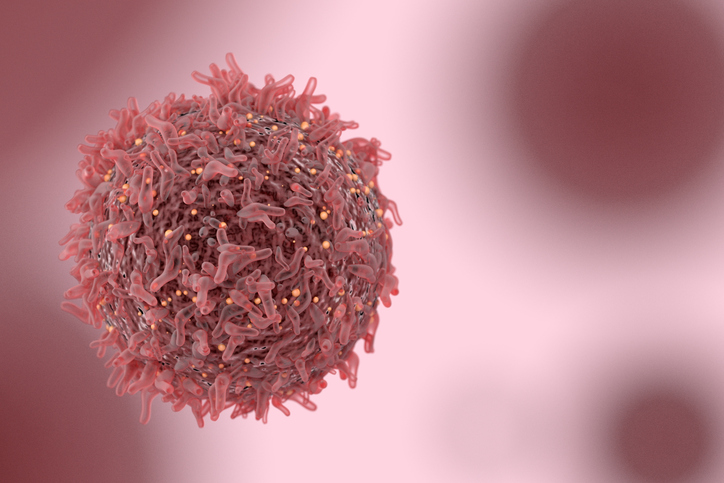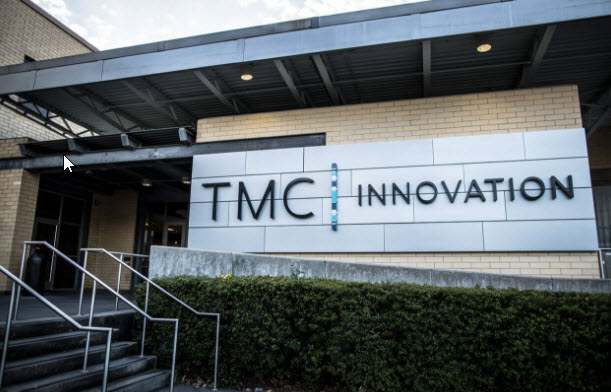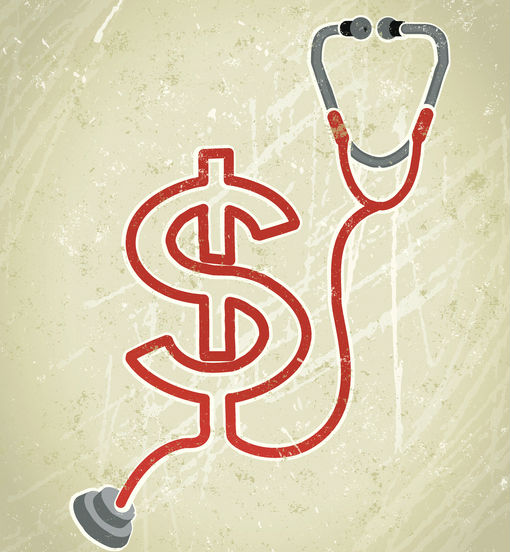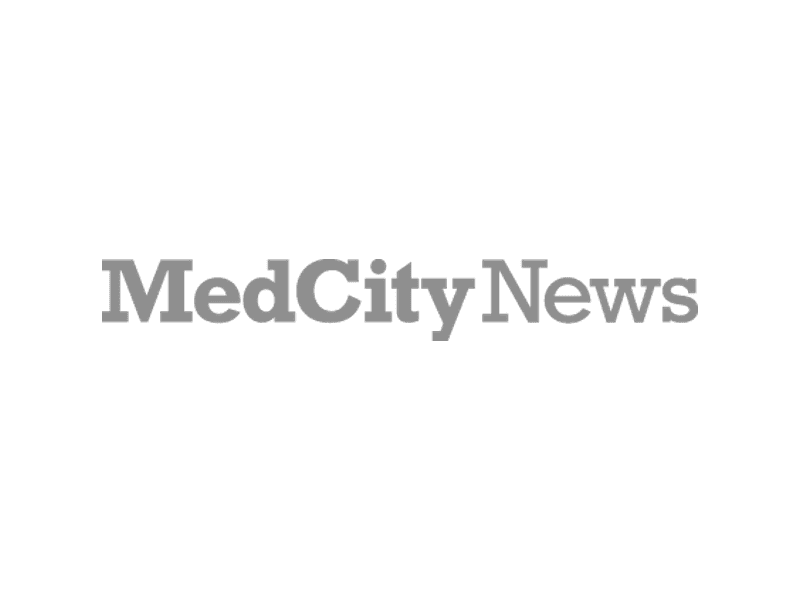
Swiss startup betting on nanotechnology to speed cancer diagnosis
Founded in 2017, Artidis has raised $15.1 million and hopes to enter the U.S. market for cancer diagnosis by 2022. But the startup first has to convince the FDA that its device works.

Founded in 2017, Artidis has raised $15.1 million and hopes to enter the U.S. market for cancer diagnosis by 2022. But the startup first has to convince the FDA that its device works.

Juliana Garaizar's removal marks the second time in the past 12 months that TMC's leadership is making executive changes at the very top of organizations under its umbrella that are dedicated to startup investing and innovation.

Luby takes on the position after serving as site head of JLABS @ TMC, a life sciences incubator that's part of Johnson & Johnson Innovation.

Last week several publications reported that Erik Halvorsen, director of the Innovation Institute at the Texas Medical Center, has stepped down. Turns out he and another employee were fired.

A new Texas Medical Center Health Policy Institute survey of about 5,000 Americans found consumers' top healthcare priority is lowering costs, followed by providing universal converage and increasing the affordability of insurance premiums and deductibles.

Through the collaboration, Baird will be mentoring and investing in startups in the TMCx accelerator, as well as setting up its Houston office right in the Texas Medical Center.

The Texas Medical Center Accelerator kicks off its sixth cohort of 24 digital health startups and will tap its venture fund to invest in strong performers.

So far, the TMC Venture Fund has invested in five companies sourced from its accelerator, TMC's Biodesign program as well as JLabs@TMC. It is one of many healthcare organizations that either has their own venture fund or is a limited partner in a fund.

Houston-based Texas Medical Center Health Policy Institute conducted a survey of more than 9,000 consumers and 450 doctors to unveil their perceptions of health insurance, healthcare costs and more.

Erik Halvorsen, director of the Texas Innovation Institute, muses on the business models of accelerators that he believes are fundamentally flawed.

In a landscape where complexity has long been the norm, the power of one lies not just in unification, but in intelligence and automation.

The diversified company is collaborating with Texas Medical Center, the largest medical center in the world, to launch a medical device incubator where internal research projects as well as those working with outside entrepreneurs.

In its third year, TCMx, the accelerator program at Texas Medical Center Innovation Institute, decides to work with medical device entrepreneurs, traditionally the neglected lot in curriculums of many healthcare accelerators.

The accelerator tweaked its approach -- each class will focus on different area. For the second class, it's digital health.

Think of your last visit to your doctor’s office. Maybe you were wrapping up a Bluetooth-facilitated conference call as you walked in the front door; perhaps your car’s GPS system cleanly delineated your entire route, dictated in Siri’s soothing tones; more than likely, you scrolled through emails or gave a last, cursory glance at Facebook […]

Texas Medical Center and Village Capital are collectively forming a four-day health IT program that will support early-stage digital health companies. The $100,000 program, dubbed VilCap USA: Health IT 2014, is structured in four “intensive four-day sessions over three months,” with two in Houston and two in Salt Lake City. Village Capital’s program model allows […]